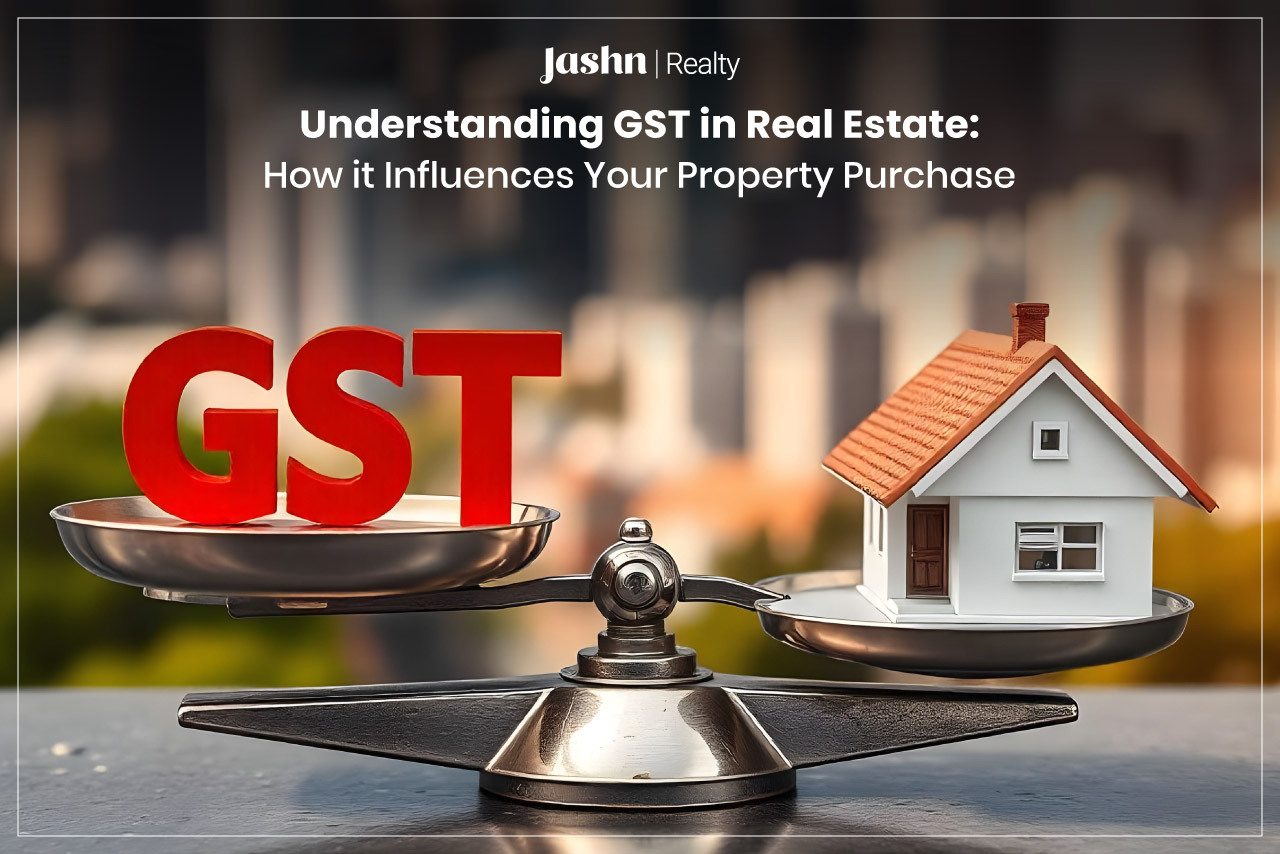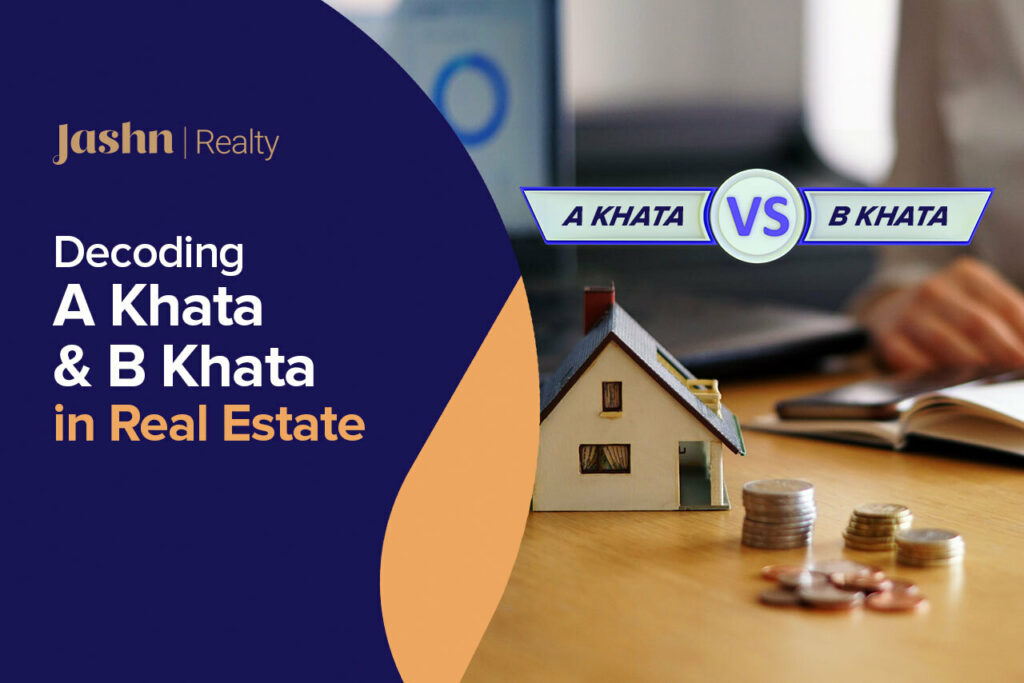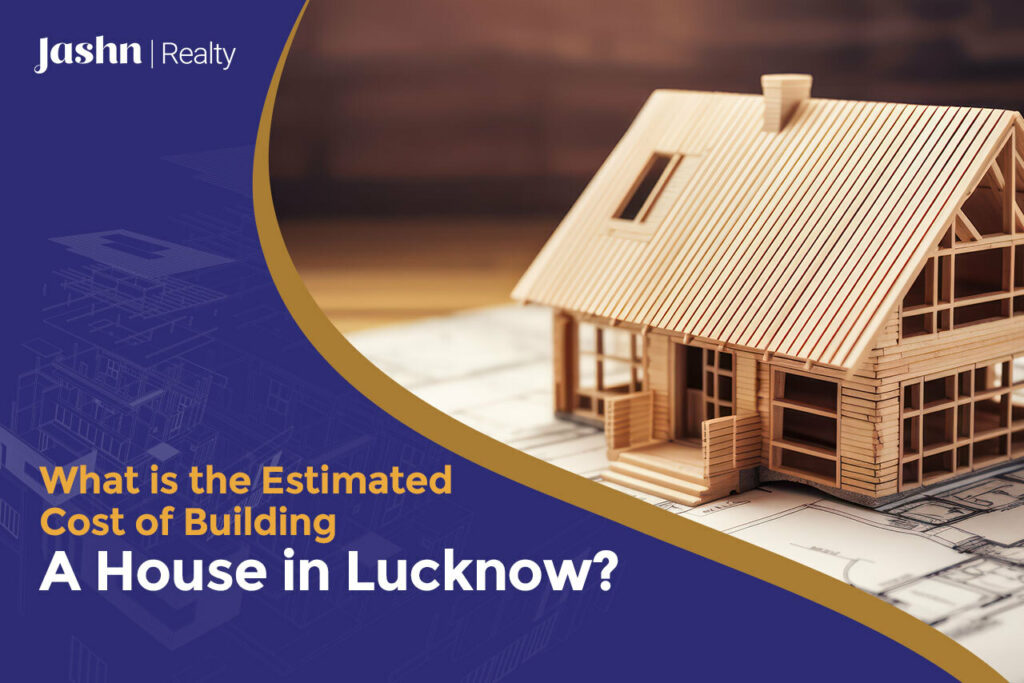Buying a home is a milestone for every individual. However, it calls for financial commitment as it’s an expensive investment. The financial implications of a home loan can be more significant and continue for a longer period. You also need to consider several expenditures, including EMIs, maintenance, insurance, and taxes. And when it comes to taxes, buying a home involves several taxes, including mortgage tax, property tax, GST, and more.
In this blog, we will discuss everything about GST (Goods and Service Tax) when buying a flat.
What is GST and how it impacts residential property purchase?
What is GST in real estate?
GST refers to the Goods and Service Tax, a value-added tax that the Indian government charges on goods and services. In real estate, GST is applied on the buying of new or under-construction properties.
The Goods and Service Tax levied on a property purchase is proportional to the market value of the house. However, GST is impacted by many exemptions and factors. For example, location, property type, ITC, construction status, and more. GST on a property also fluctuates as per government policies. So, it is recommended to consult a professional to understand GST cancellation, GST registration, and other charges when buying a residential flat in Lucknow or any other state.
If you’re buying an under-construction property, then GST can be levied on goods used in construction, construction services, and related services.
GST charges vary according to property type. For example, affordable segment properties may attract 1% of GST without ITC. Conversely, luxury residential flats attract 5% of GST without ITC. A ready-to-move flat doesn’t apply GST charges. Likewise, a land purchase also excludes GST.
How GST impacts residential property purchase
GST has a direct influence on property purchases. Every property type – luxury flats, affordable flats, and under-construction properties are impacted differently. Along with GST, stamp duty charges and registration fees are also influenced.
Affordable housing segments have 1% of GST levied, whereas luxury housing segments have 5% of GST charges applicable.
Since under-construction properties have reduced GST rates, it has boosted purchase in this particular segment. The stamp duty and registration charges do not have any influence on them.
GST Rates in Real Estate
| Property type | GST Rate |
| Commercial properties | 12% |
| Residential property (non-affordable housing) | 5% |
| Residential property (Affordable housing) | 1% |
Affordable housing GST eligibility
The government of India aspires to make its rules and regulations flexible for every citizen to access affordable housing. According to the regulations of Indian government, a property must fulfill the following norms to attract 1% of GST under affordable housing.
- The worth of the property must not exceed Rs. 45, 00,000 whether in rural or urban areas.
- The total carpet area of a flat or residential apartment must not exceed 90 square meters in non-metropolitan town and cities.
- The total carpet area of a property must not exceed 60 square meters in urban areas.
Conclusion
GST impacts property purchases in many ways. While an affordable housing segment attracts 1% of GST, the luxury segment attracts a 5% of GST. Many factors and government regulations impact the Goods and Service Tax levied on properties. It is always recommended that you seek professional help to understand these terms better.



